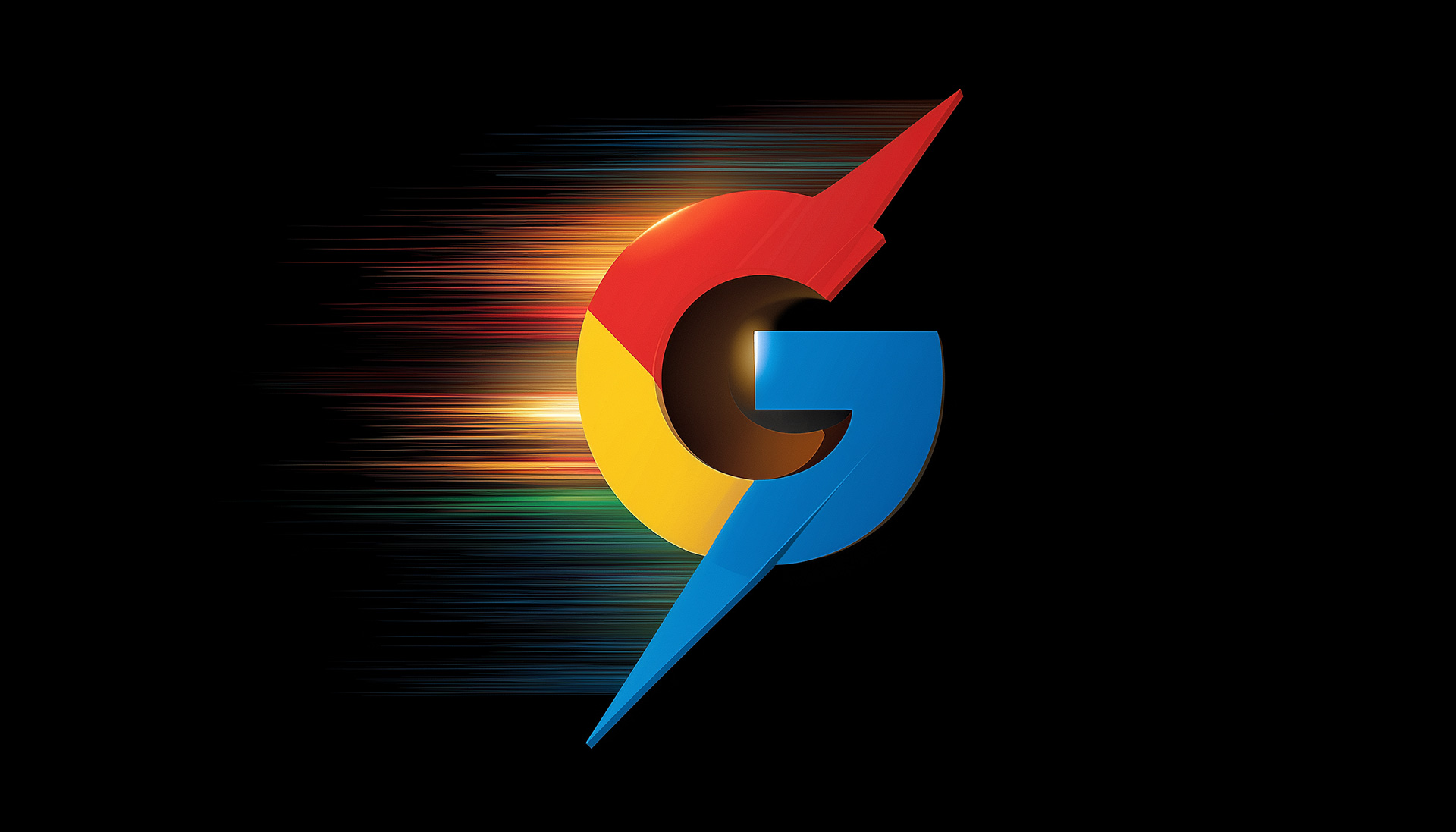Patent suggests how CTR, time on page could be used in search rankings (if Google did that sort of thing)
But no, this doesn't confirm Google is using engagement metrics in rankings.
Earlier this month, Google was granted a patent for using click-through rates as a potential ranking factor. The patent tells us that the search result a user selects and the amount of time spent viewing that particular result can be used to inform future rankings for similar queries.
It doesn’t stop there. As Google SEO patent expert Bill Slawski, the president of SEO by the Sea who lives for examining search-related patents explained in a detailed article earlier this week, the patent — which is actually an update of an existing patent — also includes a “result selection log” that can keep track of a user’s search query, the negative information (e.g., the search results that were not clicked), the titles and previews shown to the user, and even the query category (e.g., navigational such as searching for “Twitter” to get to Twitter’s website or informational such as searching for “Easter” to find out when Easter falls).
This information, combined with the geographical, language, and other session data that Google is already collecting, could then be used to re-rank search queries, according to the patent.
But, Google has said it doesn’t use CTR data for ranking. We asked Google again about whether it uses CTR as a ranking signal a couple of weeks ago. The response in part was: “we use interactions in a variety of ways, such as for personalization, evaluation purposes and training data.” That hardly quelled the debate.
As Slawski pointed out in an interview with Search Engine Land, Google officials are known to use hyper specific wording. So, stating that a piece of information isn’t used in the ranking algorithm may not necessarily mean it’s not used to re-rank results, for example.
Caveat: Just because Google gets a patent doesn’t mean it’s used. Googlers are applying for and receiving approval on patents all the time. Many (most?) are never put into practice. Matt Cutts, former head of the web spam team at Google, addressed this in a Google Webmaster’s video in 2013.
“There’s a sort of persistent misconception that people often have, which is just because a patent issues that has somebody’s name on it, or someone who works at Search Quality, or someone who works at Google, that doesn’t necessarily mean that we are using that patent at that moment.” said Cutts.
Google’s Gary Illyes made a similar comment in 2017.
Whether it gets used or not, it’s still an interesting exercise to consider how at least one Googler has thought about using engagement metrics to inform search results.
The pros and cons. Essentially, Google would be crowdsourcing for the most accurate search results, which may help users find what they’re looking for even faster. On the other hand, this could also open the backdoor for fraudulent clicks in an effort to game the system.
“If we didn’t have people doing manipulation, the process and the patent wouldn’t be a problem. User models are key,” Slawski said.
Used to the cat and mouse game, Google’s search engineers built user models into the patent to monitor for suspicious clicks and disregard information from IP addresses with abnormal browsing behavior. Slawski’s commentary on the patent provides a more detailed look at the specifics.
Why should you care? Taken at face value, Google’s statements and the updated patent could appear to conflict with one another. But again, there’s no indication the system laid out in this patent is actually being used.
Google repeatedly states that its algorithms are designed to reward quality content, and the techniques covered are in line with that goal. Again we go back to the question: Does it really matter if Google uses engagement metrics in its ranking algorithm if the marketer’s goal has always been to write informative page titles and engaging site content?
“One of the reasons for valuing a long click as a metric of quality is that it shows that a visitor is getting value from that page, is having their questions answered, or having their informational needs met,” Slawski emphasized at the end of our discussion, “this is something that an SEO can work upon by providing information and answers and images that may keep a person on a page for longer periods of time and present them with a good experience and make them thankful that they decided to visit that page.”
Contributing authors are invited to create content for Search Engine Land and are chosen for their expertise and contribution to the search community. Our contributors work under the oversight of the editorial staff and contributions are checked for quality and relevance to our readers. Search Engine Land is owned by Semrush. Contributor was not asked to make any direct or indirect mentions of Semrush. The opinions they express are their own.


